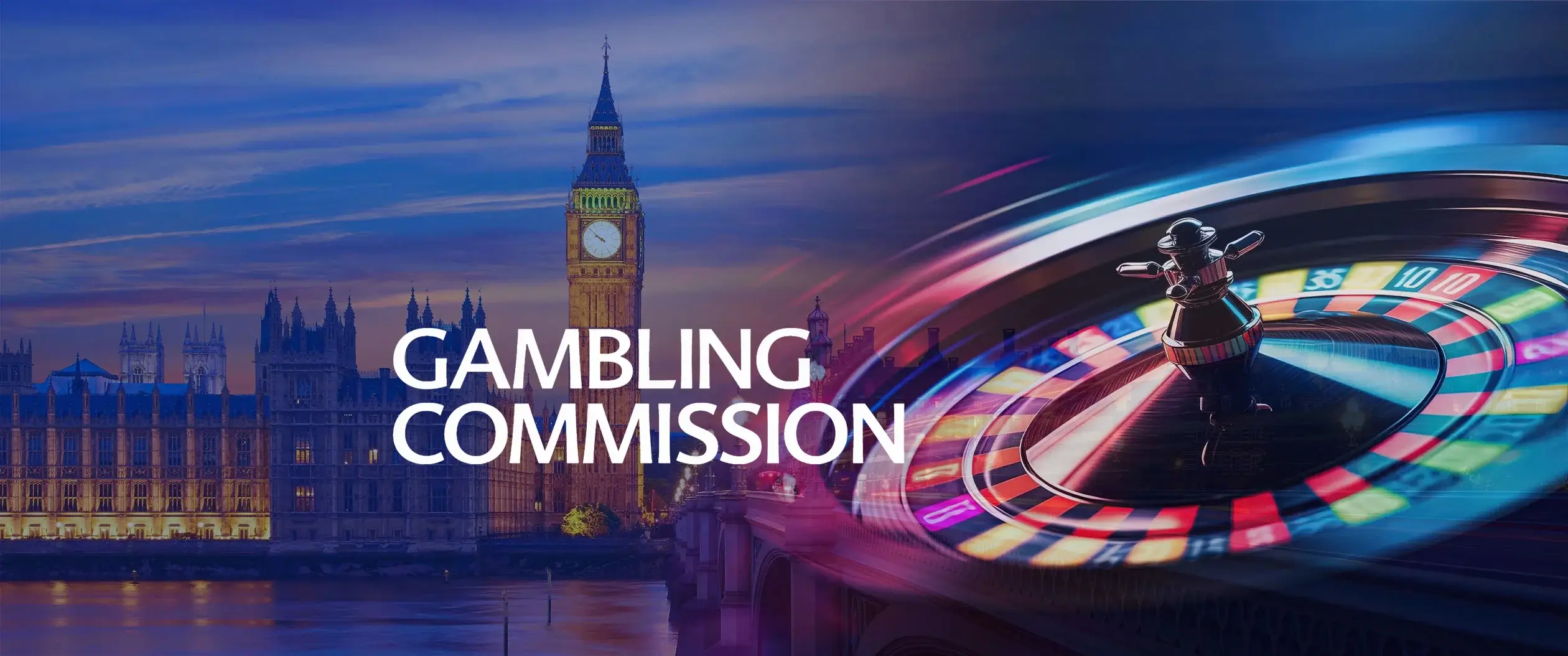Following the Gambling Commission’s credit card gambling ban in Great Britain, the Gambling Insider editorial team reflects on the fairness of the measure and where it leaves the industry moving forward.
Owain Flanders: A regulatory shift to be welcomed with open arms
This ban on credit card gambling has been a long time coming. It isn’t often I will wholeheartedly agree with the implementation of tighter regulation within this industry, but this is one decision I can truly get behind.
For me, the existence of credit card gambling goes against the message of all responsible gambling campaigns – namely for players to only gamble what they can afford. Of course, to assume every gambler using a credit card is doing so through a lack of funds would be far from the truth; but it seems an unnecessary risk when the stakes can be so high.
For those 22% of credit card gamblers thought to be problem gamblers, a blanket ban removes a means of placing themselves in immediate debt. Meanwhile, for those using credit cards for convenience, it simply means adding a debit card to their betting account.
There is no doubt operators will receive their fair share of complaints from customers who have used credit cards for years; but it seems a minor and worthy sacrifice given the circumstances. At a time when UK operators are receiving criticism from a number of sources, this is one regulatory shift that should be welcomed with open arms.
Tim Poole: A fair ban – but a sign of things to come?
Anyone who knows me well will know I can argue all day long; my main counterargument here would be the lack of scrutiny for the use of credit cards elsewhere. Has anyone looked into clothes shoppers and the amount of debt they run up using credit cards? If credit card gambling is banned, I would suggest it’s not illogical to discuss the issue of banning credit cards altogether. But such is the scorn with which gambling is viewed within Great Britain – and the moral objections people have with gambling overall – our industry is of course singled out.
Overall however, I would agree this is a fair policy, which appears to have been subject to great attention to detail from the Gambling Commission. The thought of gambling with a credit card would never even enter my mind from a personal basis and the chances of doing so responsibly are admittedly slimmer through the use of credit.
Déjà vu: the problem for the industry now is where it goes from here. The Commission took the most punitive measure available by banning credit card gambling outright. Is this a sign of things to come with regards to gambling advertising, gambling sponsorship and online gambling stakes?
Aidan Williams: One fight the industry could do without fighting
This is one fight the gambling industry could do with not fighting and this announcement should be welcomed. There are a lot of battles worth fighting, don’t get me wrong; 32Red should not have garnered the criticism it did for its problem gambling campaign, nor did Bet365 deserve the criticism it received last week for streaming rights. But if this fight isn’t fought, it will be a real positive.
I do not see how the industry can reasonably argue against this development, as any resistance would be out of fear of lowering profits, which when it comes to gambling and public perception, actually shouldn’t be the bottom line.
Personally, I think the past week has been a relief for gambling, even if operators might think differently. The handling of the aforementioned Bet365 controversy was dealt with in a manner that was above and beyond what was fair, given the circumstances; and if no companies fight this development it will be another quietly big victory for the industry from a PR point of view.
It isn’t that clear what, if anything, will happen to the industry in Great Britain following last month’s General Election, but recent responses would be a feather in any industry’s cap.
Iqbal Johal: Arguably the biggest measure introduced to fight problem gambling
In the age of tighter restriction on the industry, the credit card ban doesn’t come as a surprise. Not only has there been strong talk of the ban being implemented for at least the past year, plenty of other measures have been introduced to deal with the wider issue of problem gambling.
This includes the introduction of stronger rules relating to age verification, tighter anti-money-laundering measures, flagging up unusual customer behaviour, advertising restrictions, mandatory charity contributions and the announcement all online operators must now participate in Gamstop’s self-exclusion scheme.
At a time of ever-increasing scrutiny from politicians and the public, which portrays gambling in Great Britain in a negative light, at least operators too have introduced their own voluntary measures to go with mandatory regulations. This includes the whistle-to-whistle ad ban introduced last summer; five of the biggest operators – GVC Holdings, William Hill, Bet365, Flutter Entertainment & Sky Bet – have also committed to increase the voluntary levy on gross gambling yield to 1% from 0.1%, raising an estimated £60m ($77.9m) a year to help combat problem gambling.
In these situations, such as the credit card ban, it’s the most responsible players that are hit the hardest. But it’s arguably the biggest measure introduced to date to fight problem gambling, so has to be welcomed. Despite all these recent regulatory and voluntary restrictions coming into force, time will tell if it’s enough to keep the vultures from circling.
class=”uk-article-lead”>Source










